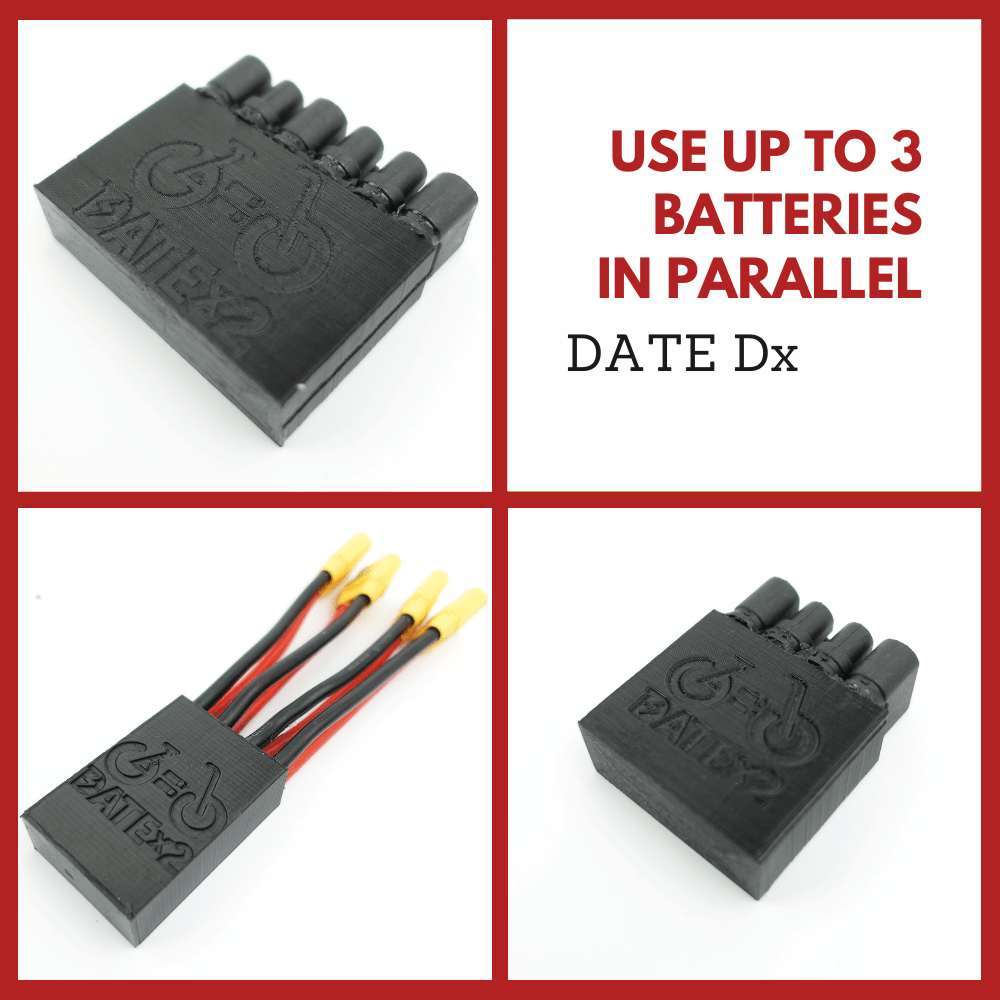For a tuk tuk I assume you have lots of room underneath something. Like your seats or the cargo bed. Especially if you are using lead-acid right now. So if you have a lot of room available, that makes it more likely that LiFEPO4 will work for you. But... those cells are a lot less energy dense so that means more size... and more weight. I personally like it for its high cycle count and the fact it won't go boom; but mostly because its often good for 2-3000 cycles versus 800. It also is more tolerant of being left at a high state of charge.
For a pack that is li-ion, hands down I would go to Bicycle Motorworks. Contact Matt Bzura the owner and ask him to make you something to your requested spec. He has done so for me. My last was a 35ah pack that was really big... yours will be triple that size. Cost will be significant but this is a made-in-USA battery that should actually be safe.
btrPower would be my best guess as a vendor for LiFEPO4 but thats all it is.
Paralleling packs is not something for the novice to attempt. You need identical packs, identical charge cycles between them, and charging if not using a battery blender will be bypassing the BMS' protection for overcharge. A Datex2 battery blender with charge protection, 60a capacity and the ability to handle 3 batteries is about $600 just for that part at their retail outlet. And its on backorder.
Upgrade your eBike journey with the DATEx2 Parallel Battery Adapter – the 'battery blender' for seamless rides. Connect up to three batteries, handle diverse types, chemistries, and charge states. Say goodbye to inconvenient swaps! Voltage range: 24V to 84V.

biggamebikes.com
The actual manufacturer of Datex2 units sells them for much less, but you have to navigate a very primitive web presence. Google Datex2 and look for their Facebook page. Go from there to their web site... which is actually a Google Docs document. Price for what you need for a 3-battery system is quite a bit less assuming that channel is open.

